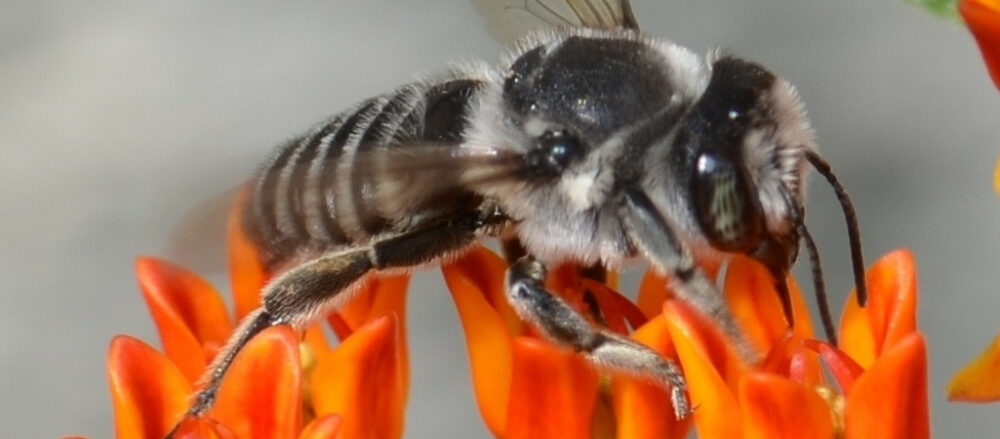Continued from Part 1.
Here’s the second round of photos from yesterday’s visit to the 2008 Western North Carolina Orchid Show at the North Carolina Arboretum. There are the flower portraits, the closeups and other details, of the stars of the show.
I’m ignorant of orchids. I tried to take photos of labels so I could identify the flowers later. But the labels weren’t always so obviously associated with the plants. I transcribed the names as best I could. So take any names provided here with heaping teaspoons of salt.
Unknown Moth Orchid
Another unknown beauty, perhaps a Cattleya relative?
Moth Orchid, Dtps. ‘Elmore’s Pink Silk’
These little guys look just like Turkish dervish dancers to me
The name on the label was Paph. JulisRothschildianum ‘Eureka’ x Lowii ‘Princehouse’ AM/AOS. I guess this is a hybrid of two “Paph.” (Paphiopedalum?) varieties. Anyone want to translate?
I’ll close out with two detailed portraits of two amazing orchids.
This is a detail of Phrag. caudatum, some kind of ladyslipper orchid.
That’s beautiful enough. But check out the lateral petals. They’ve evolved into straps hanging down over 18″ on each side of the bloom.
Here’s a view of the entire plant. I can’t imagine how one would even transport such a thing
It’s a little hard to pick out from the mass of foliage surrounding it, but the hanging basket (seated, in this setting) in the center of the photo contains a specimen of Chamaengis harotiana. You can see this won First Place in something.
It doesn’t look like much at first glance. Let’s take a closer look.
Hard to appreciate it, so I put my fingertip in the photo for scale. Ten of those flowers could fit on my fingernail.





Thanks for these pictures. I love orchids, but find them intimidating to try (yet). Those teeny weeny flowers aren’t very showy, but as you pointed out they must be prize winners for some reason. (Rare maybe?)
lisa: With my decades of gardening experience, I cannot keep a houseplant alive. Seems they need to be watered periodically?
I’m sure it’s rare. It’s also beautifully grown. It’s so unusual, its culture is probably difficult, or little known, as well.